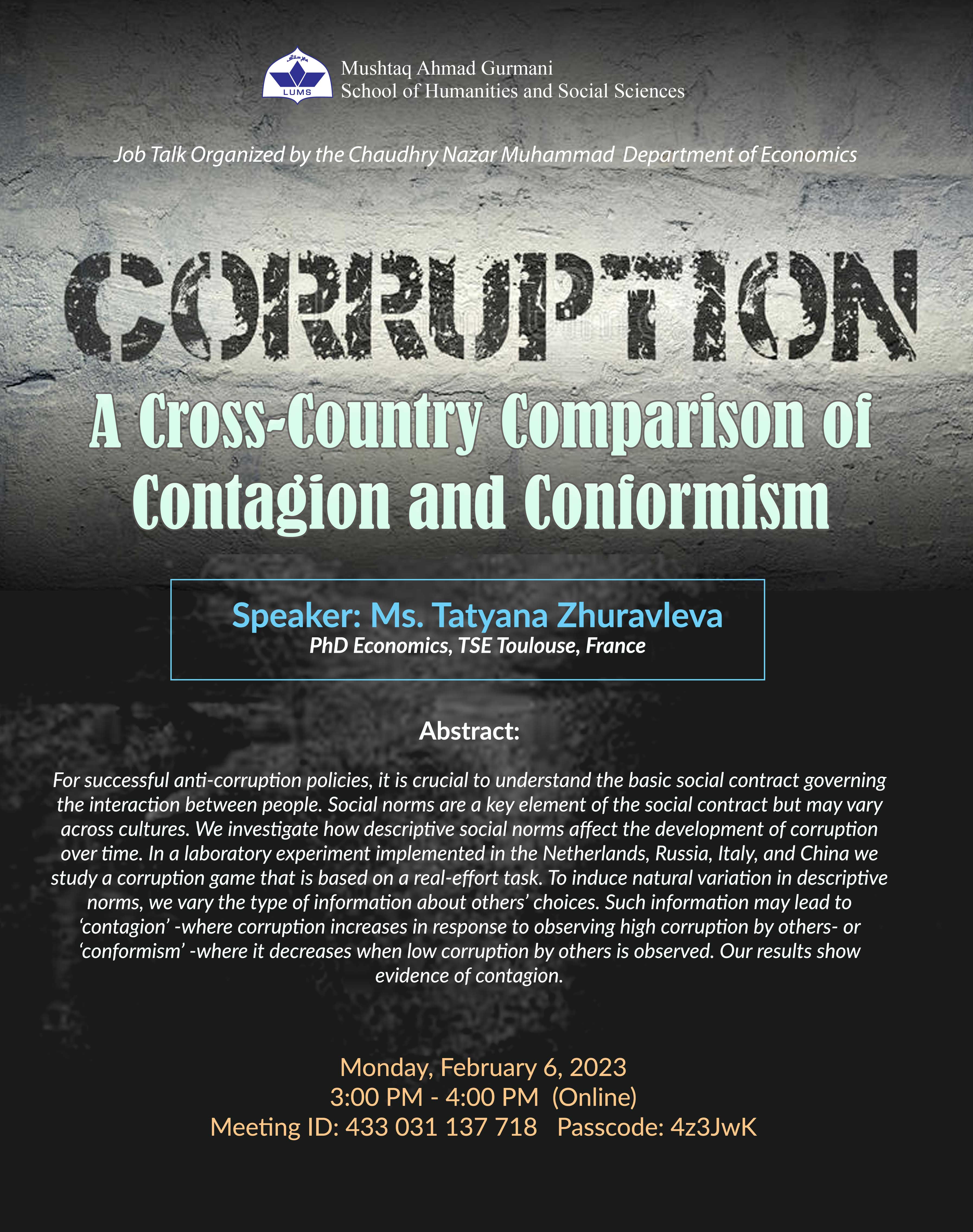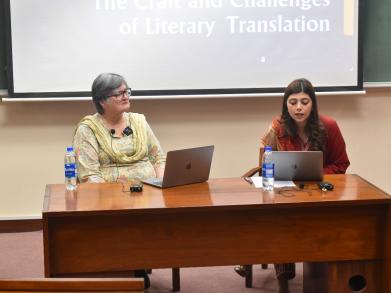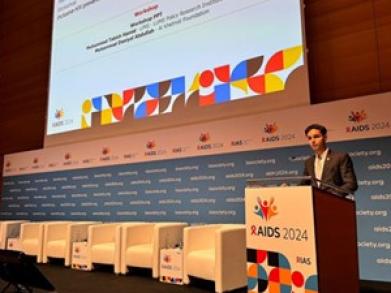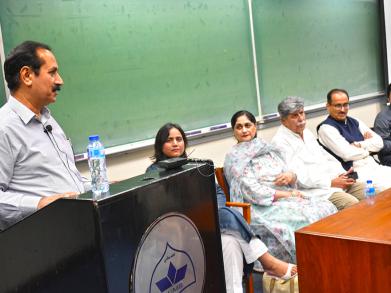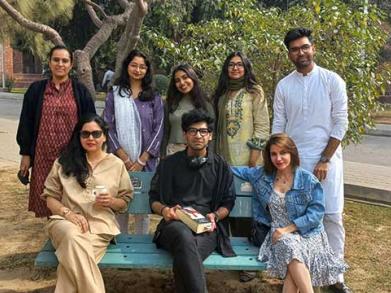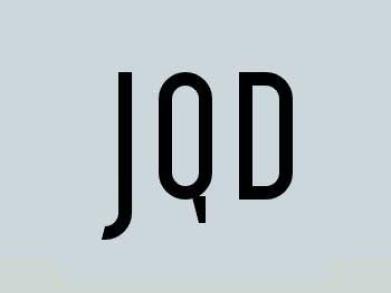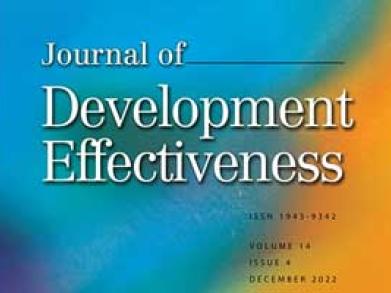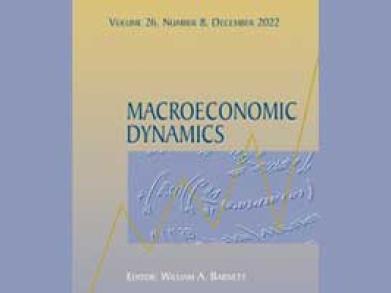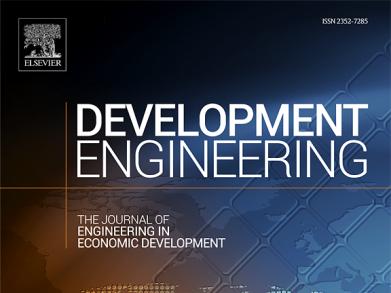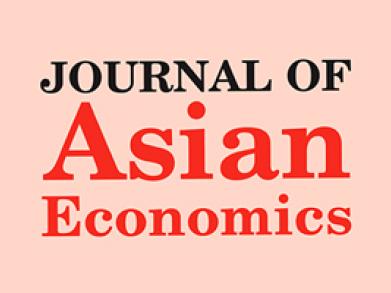
to
Speaker: Ms. Tatyana Zhuravleva -
Ph.D. Economics, TSE Toulouse, France
Abstract: For successful anti-corruption policies, it is crucial to understand the basic social contract governing the interaction between people. Social norms are a key element of the social contract but may vary across cultures. We investigate how descriptive social norms affect the development of corruption over time. In a laboratory experiment implemented in the Netherlands, Russia, Italy, and China we study a corruption game that is based on a real-effort task. To induce natural variation in descriptive norms, we vary the type of information about others’ choices. Such information may lead to ‘contagion’ -where corruption increases in response to observing high corruption by others- or ‘conformism’ -where it decreases when low corruption by others is observed. Our results show evidence of contagion.
